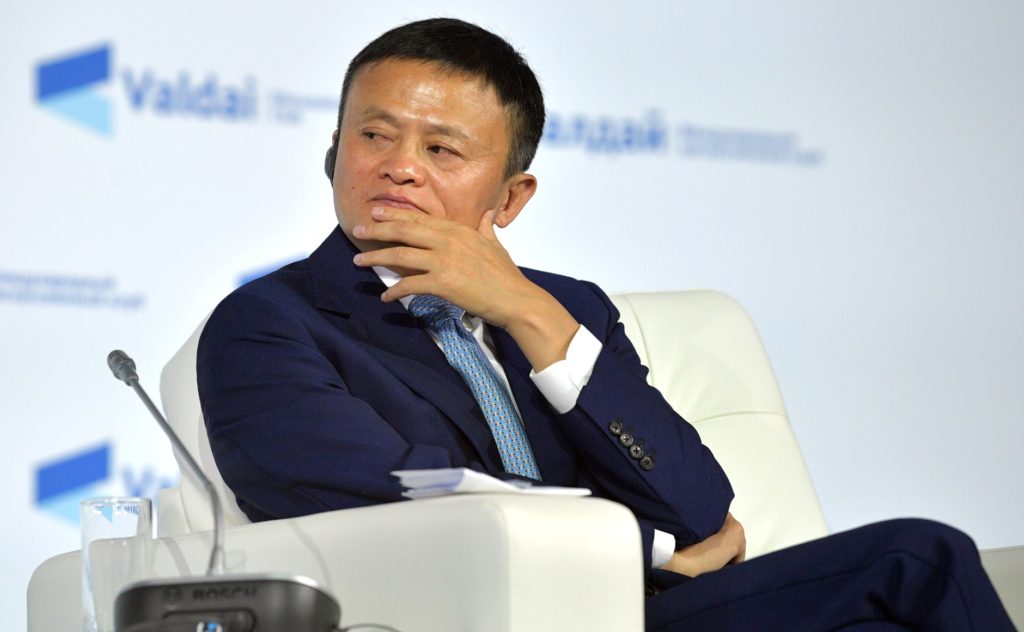In what would come as yet another setback to Softbank and Masayoshi Son in particular, Alibaba founder Jack Ma is stepping down from the Japanese tech conglomerate’s board. Softbank announced the same in a statement released today morning.
According to a change in board of directors statement released by the company, the terms of office of the current 11 Board Directors, including Jack Ma, will expire at the conclusion of the AGM. Softbank has proposed the reelection of 10 out of the 11 current Board Directors, excluding Ma. The number of board members is being expanded to 13.
Jack Ma’s stepping down would be a blow to Masayoshi Son in particular, and Softbank as a whole. Ma was considered a close ally of Son. However, Son’s recent grand failures, specially that of WeWork, has resulted in an ever eroding confidence in his ability to continue to lead the group. Softbank is expected to report record losses for the last financial year, all of which mostly coming in via company’s much publicized, $100Bn Vision Fund.
There have been constant demands to bring in more diversity to Softbank’s board, which currently comprises mostly of company’s own confidants. Most vocal of those demands was from activist investor Elliott Management, which had demanded board diversity and a new subcommittee to oversee the investment process at the $100 billion Vision Fund.
Jack Ma’s stepping down is also quite related to his recent efforts to stay away from corporate responsibilities and focus on philanthropy. He had retired from Alibaba in September and had hinted at a more distanced approach to his corporate roles, to focus on philanthropic work.
SoftBank said that it will propose the election of Lip-Bu Tan, CEO of chip design software firm Cadence Design Systems who is also chairman of venture capital firm Walden International, and Yuko Kawamoto, a professor at Waseda Business School as outside directors. Kawamoto will become the company’s only female board member.
Additionally, Softbank announced a further 500 billion yen ($4.7 billion) worth of share purchases, part of a 2.5 trillion yen buyback program that the company announced in March this year. $2.3Bn of share buybacks have already been done so far, in an effort to keep the group’s share price from tanking further. SBG’s share price has been severely hit by a double whammy of miserably failed investments and the ongoing COVID-19 pandemic.
The Tech Portal is published by Blue Box Media Private Limited. Our investors have no influence over our reporting. Read our full Ownership and Funding Disclosure →







1 comment
Comments are closed.